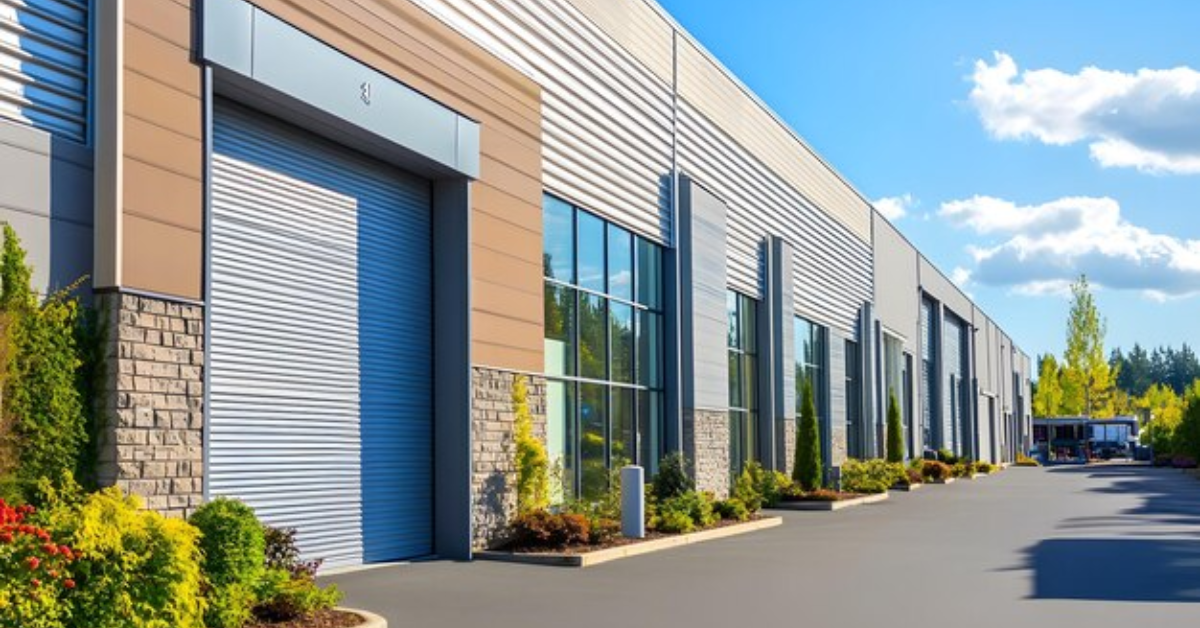What Makes a Garage Door More Expensive?
When planning a garage door replacement, one of the first questions homeowners ask is: Why do some doors cost so much more than others? At first glance, all garage doors may seem similar—they open, close, and secure your home—but the price differences can be surprising. The truth is that garage door cost is shaped by a variety of factors, from the type of materials and level of insulation to the design details and modern technology you choose. Understanding these elements not only helps you create a door that matches your home’s style but also ensures you invest wisely in a product that balances beauty, durability, and long-term value.
1. Material Quality and Type
The material is often the single biggest driver of garage door price. Each type offers different benefits, durability levels, and maintenance needs.
Steel
Steel is one of the most popular choices due to its strength and relatively moderate price. However, premium steel doors with thicker panels, rust-resistant coatings, and multiple insulation layers will naturally increase the garage door cost.
Wood
A real wood garage door delivers unmatched natural beauty and curb appeal. But this elegance comes with a higher price tag because of the cost of hardwoods and the craftsmanship required. Maintenance, such as regular sealing or painting, also adds to long-term expenses.
Aluminum and Glass
For a sleek, modern look, aluminum and glass garage doors are trending. They offer lightweight strength and unique aesthetics but often fall at the higher end of the price spectrum due to custom fabrication and specialty glass.
Composite or Faux Wood
Composite doors mimic the charm of wood while resisting rot and warping. While more affordable than solid wood, high-quality composites still raise the overall garage door price.
2. Insulation and Energy Efficiency
An insulated garage door can significantly improve home comfort and reduce energy bills, especially if the garage is attached to your house. Doors with higher R-values (a measure of insulation effectiveness) cost more because they use advanced materials like polyurethane foam.
While insulation increases upfront garage door cost, it pays off in energy savings and quieter operation—ideal for homes with living spaces above or next to the garage.
3. Design and Customization
Basic panel designs are budget-friendly, but custom designs can drive up garage door price quickly. Unique window layouts, decorative hardware, intricate paneling, and custom paint colors all require extra labor and specialized materials.
For example, a carriage-style door with custom wood finishes or a modern glass-and-aluminum combination will be far more expensive than a standard raised-panel steel door.
4. Size and Configuration
The bigger the door, the higher the cost. A double garage door is naturally more expensive than a single one due to additional materials and hardware.
Special configurations, such as extra-tall doors for RVs or doors with uncommon dimensions, often require custom manufacturing, which adds to the garage door cost.
5. Hardware and Mechanisms
The quality of tracks, rollers, springs, and hinges directly affects both performance and price. Heavy-duty torsion springs, high-cycle hardware, and premium weather seals add durability but also increase the overall garage door price.
Motorized systems, especially those designed for heavy or oversized doors, also contribute to higher costs. A powerful opener with smart features can add several hundred dollars to the total.
6. Smart Technology and Safety Features
Modern garage doors often come with advanced technology, and these features can significantly raise the garage door cost:
- Smart Openers: Wi-Fi–enabled openers allow you to
control the door from your smartphone.
- Security Sensors: Enhanced
safety systems prevent accidents and improve home security.
- Battery Backup: Ensures the door functions even during power outages.
While these upgrades offer convenience and peace of mind, they add to both purchase and installation expenses.
7. Professional Installation
A well-installed door ensures safety and smooth operation.
Professional installation fees vary based on complexity, but investing in an experienced installer can prevent costly problems down the line.
Specialty installations, such as heavy custom doors or conversions from one spring system to another, can raise the overall garage door cost.
8. Regional Factors and Brand Reputation
Where you live can also impact garage door price. Urban areas or regions with extreme weather often see higher labor and material costs.
In addition, premium brands known for durability and warranties typically command higher prices but may offer better long-term value.
Balancing Cost with Value
When shopping for a new garage door, it’s important to consider not just the initial garage door cost but also long-term value. Spending more on quality materials, energy efficiency, or professional installation can save you money on maintenance and repairs over time.
For example, a mid-range insulated steel door might cost more upfront than a basic non-insulated option, but it will reduce energy bills and last longer—offering better return on investment.
Real-World Example
Imagine two homeowners replacing similar-sized doors. One chooses a basic single-layer steel door without insulation for $800. The other selects a custom wood carriage door with high insulation, decorative windows, and a smart opener for $4,500. Both serve the same function, but the second homeowner pays more for beauty, comfort, and technology.
Conclusion
A garage door’s price depends on much more than just size. Material quality, insulation, customization, smart technology, and professional installation all play critical roles in determining the final garage door cost.
By understanding these factors, homeowners can make informed decisions—choosing a door that meets both their budget and their style preferences while offering long-term value.
FAQ: Garage Door Cost Factors
Q1: What type of garage door is the most expensive?
A: Solid wood and custom glass doors are typically the most expensive due to materials and craftsmanship.
Q2: Does insulation really make a difference?
A: Yes. An insulated garage door improves energy efficiency and reduces noise, which can lower long-term heating and cooling costs.
Q3: Are smart garage door openers worth it?
A: Smart openers add convenience and security, making them a worthwhile upgrade for many homeowners despite the higher upfront cost.
Q4: How much does professional installation add to the price?
A: Professional installation can range from $200 to $600 or more, depending on door size, complexity, and regional labor rates.

You might also like
Fix N Go Blog



